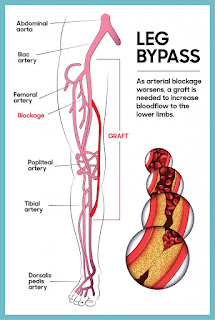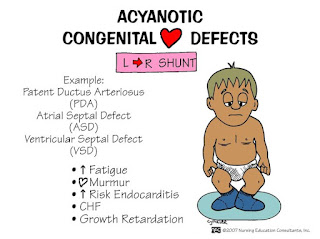Premature Heart Disease - Harvard Health Publishing

best for heart health :: Article Creator Maintaining Heart Health Is Equal Parts Healthy Habits And Awareness — Here's How To Start When it comes to heart disease, many risk factors are things we have control over, such as diet, exercise and other lifestyle choices. Even if you have a family history of heart issues, you can lower your risk by making healthy choices that support your heart. As with any component of your health, knowledge is power. Educate yourself with these tips from Baylor Scott & White Health to help you understand your risk of cardiovascular issues and discover how you can take proactive steps to care for your heart. Discuss your heart health with a primary care provider Annual wellness exams are crucial for maintaining your health and identifying early warning signs of heart disease. Even if you don't have any preexisting problems, it's a good idea to meet regularly with a primary care provider. They'll be a...



